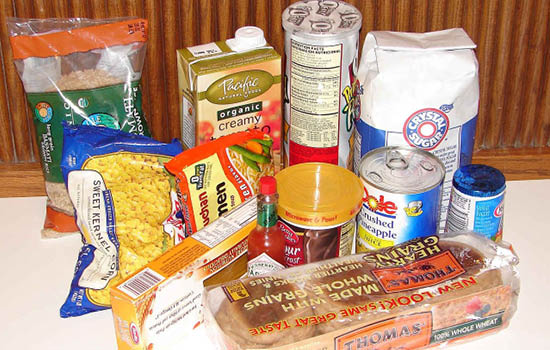Maximising the shelf life for packaged foods is a continuous challenge for manufacturers. This is because most of the perishable food items are moisture and oxygen-sensitive and even a minor tampering with the packaging can ruin the product. Ensuring seal and package integrity are very critical in the food industry, especially when perishable foods such as salad packs, baked goods, snacks, milk powder and pet food are concerned. Any leakage allows the ingress of organic substance such as oxygen, air or moisture that accelerate the decomposition of the products. Therefore, it is essential to ensure that packages are properly tested for leaks to maximize the freshness and shelf life of perishable products.
Investing in a packaging leak testing system may cost manufacturers several thousands of dollars, in addition to maintenance and labour cost to operate the equipment. However, there are several good reasons to do so.
Preventing Food Contamination
Perishable food products are prone to spoilage due to several factors such as moisture, air ingress, ethylene production, autolysis, and microbiological growth. Contamination can also occur during transportation, packaging, storage and even during the cooking process. This spoils the food even before it serves its expected shelf life, which then becomes very harmful to consume and often leads to food poisoning. It also tarnishes the company brand which may lead to a huge loss.
Mold, oxidation and flavor degradation are consequences of compromised packaging seal and integrity. Leaks cause air and oxygen ingress in the packages which allow bacteria and microorganisms to grow and accelerate its decomposition. When the bacteria come in contact with the food content, they cause irreversible bio-physiochemical changes that promote the processes of oxidation and rancidity in these food items. If packages are properly tested and pass the leak testing standard, manufacturers can be sure that their products can have the maximum shelf life in the supermarket and customers can consume the products at its freshest possible state.
Avoiding Food Recalls
According to a report by the Food Standards Australia New Zealand (FSANZ), there were 106 incidents of food recalls in Australia in 2019, out of which 50% recalls were due to food contamination. This measure of food recalls has grown from 61 in 2016-17 to 106 in 2018-19.
Product recalls can have adverse effects on a company’s branding and reputation. Companies suffer huge losses as a result of unusable products and sometimes may encounter legal actions. On account of serious food poisoning incidents due to packaging faults, the productions can be halted until food safety standards are met. This can have serious implications on the on-site workers. One incident may as well compromise the customers’ trust and they may even switch to different brands.
Therefore, failing to maintain packaging quality can cut deep into profits in the short term and hurt the company image in the long run. If a consumer encounters compromised products or packages in the supermarket, it is more likely to affect their decision to purchase the products.
Optimise Packaging Process
The cause of leaks in a food packaging can be improper packaging process, poor selection of packaging materials or compromised seal integrity. Certain products will require specific types of packaging materials that protect them against temperature, manhandling and pressure. Leak testing of a food package helps operators find the faults in a package, along with the leak location and size. This allows operators to identify faults in the packaging process depends on the location of leaks.
A packaging leak test is conducted in the production line as the final stage of quality control to ensure that packaging seal. The water bath system is commonly used in the industry for checking leaks in packaging. The packages or satchels are submerged underwater and placed under vacuum. Bubbles can be visually observed from the location of the leak, allowing the operators to determine the fault in packaging. For manufacturers with products that use modified atmosphere packaging (MAP), vacuum decay leak tester is one of the feasible alternatives which allow packages to be returned to the production line after testing concludes.


